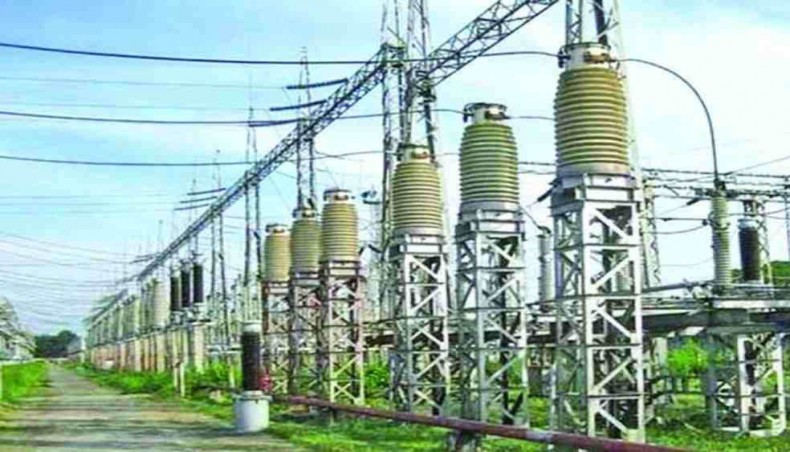Private power plant operators cry for unpaid bill worth $2 billion
The unpaid bills to the private power plant operators have now crossed $2 billion as the government has failed to pay them since May in the ongoing year.
‘Our payments have been cleared until May...For the last 5 months no payment has been received from the government’, Imran Karim, president of the Bangladesh Independent Power Producers Association, said.
The association is the apex body of the private power producers in the country.
The association president also claimed that despite a harsh reality, the private plant operators had been making their highest efforts to continue power generation and supplying electricity to the national grid for the sake of the interest of the nation.
‘But some of the plant operators have now become unable to generate electricity from their plants as they could not import furnace oil due to the fund crisis’, he noted.
Officials of the state-owned Bangladesh Power Development Board (BPDB) admitted about the non-payment of the bills against the electricity purchased from the private power plant operators.
‘It’s true, the private plant operators did not get any bill after May this year’, said Sheikh Aktar Hossain, member (finance) of the BPDB.
He, however, said that the government was trying to clear the payment. ‘BPDB will take measures as per the directive of the government’, he said.
Sources said that the government on an average has to pay about Tk 4,500 crore per month to the private sector against the purchase of electricity from the private plants. It was Tk 4,000 crore before the increase in fuel price.
Considering these statistics, the total unpaid bills will be around Th 24,750 crore or $2.375 billion (considering US dollar exchange rate at Tk 105), he added.
The government purchases electricity from the private sector at the US dollar as per the agreement with them, he noted.
Currently, the country’s power generation capacity is over 25,500 MW and more than 50 per cent of electricity is generated by the private sector through their independent power producer, rental and quick rental power plants.
Import of electricity from India is also counted as private sector generation.
The private sector operators mainly use furnace oil and diesel to generate electricity while natural gas is used in some plants. Of these, 4,700 MW is generated by using furnace oil.
According to Sustainable and Renewable Energy Development Authority (Sreda), of the total 25585 MW of generation capacity comprising both public and private sector plants, currently 1768 MW (6.91 per cent) is coal-based), 11330 MW (44.28 per cent) gas-based, 6238 MW (24.38 per cent) furnace oil (HFO) based, 1341 MW (5.24 per cent) diesel-based (HSD), Imported 1160 MW (4.53 per cent), renewable 948.12 MW (3.71 per cent) and captive is 2800 MW (10.94 per cent).
Private sector power industry insiders said that recently the private plants operators had to suspend about 800 MW of their furnace oil-based electricity generation because of the fund shortage.
‘We had to suspend our operation because of a lack of furnace oil. We can’t import fuel as we are not getting bills from the government’, said one operator preferring anonymity.
According to the sources, of the 800 MW now remaining suspended are EnergyPac’s 230 MW, Hosaf’s 113 MW, Ray Lanka’s 200 MW, Desh Energy’s 200 MW, and Ena Power’s 50 MW.
BPDB has been in a cash crunch for the last several months which forced the organisation to move a proposal to the energy regulator to raise the electricity price at bulk level.
But the Bangladesh Energy Regulatory Commission (BERC) held a public hearing on the issue in May this year and finally rejected the BPDB’s plea on October 13 through its decision.
The BPDB documents reveal the government has to spend a total of Tk 71,878 crore in the FY2021-22 for total power production, of which Tk 44,434 crore will be spent for purchasing electricity from the private sector.
Of this amount, Tk 37,963 crore will be required to purchase electricity from the independent power producer and small IPP plants in the private sector which produce 38 per cent (8,807 MW) of the total generation.
Bippa officials said that the delay in payment was not the only problem that the private power producers were facing.
‘The shooting trend in dollar price, unavailability of the green bucks with banks and counting penalties for delayed payment to foreign lenders and equipment suppliers have been the major problems’, said the BIPPA president.
News Courtesy:
https://www.newagebd.net/article/185739/private-power-plant-operators-cry-for-unpaid-bill-worth-2-billion











